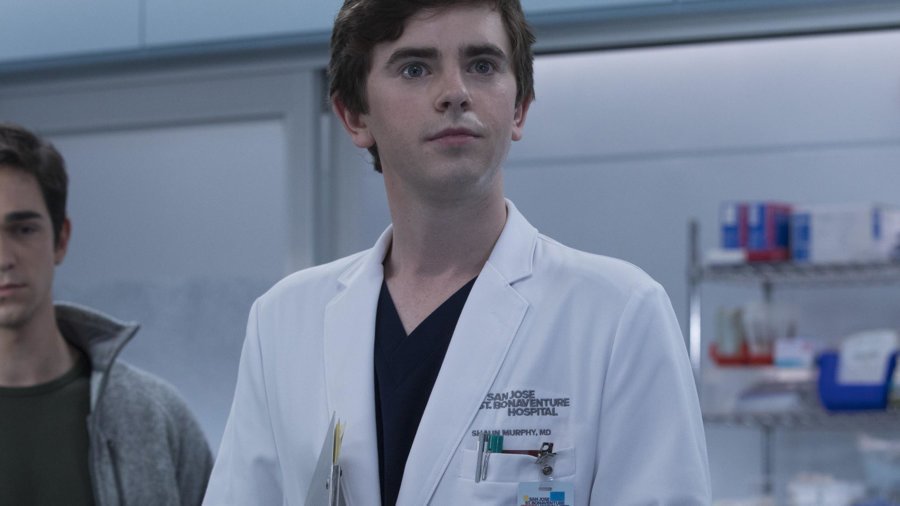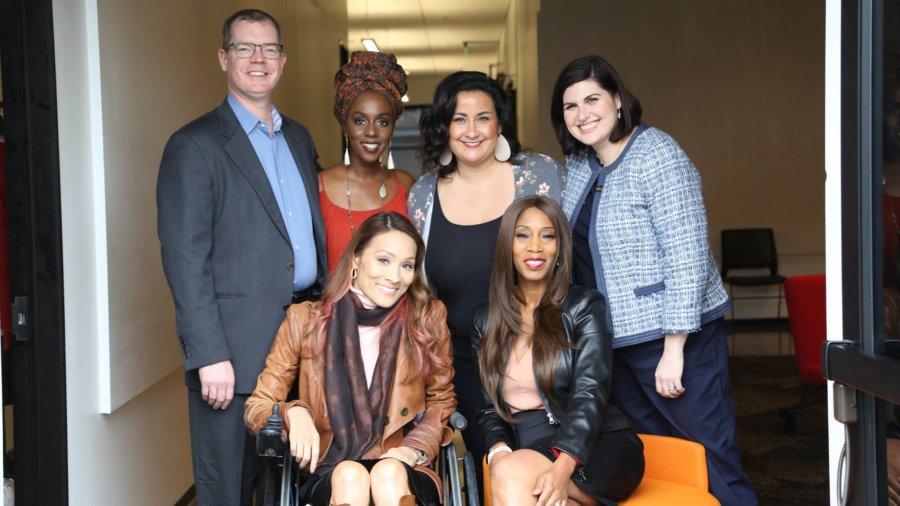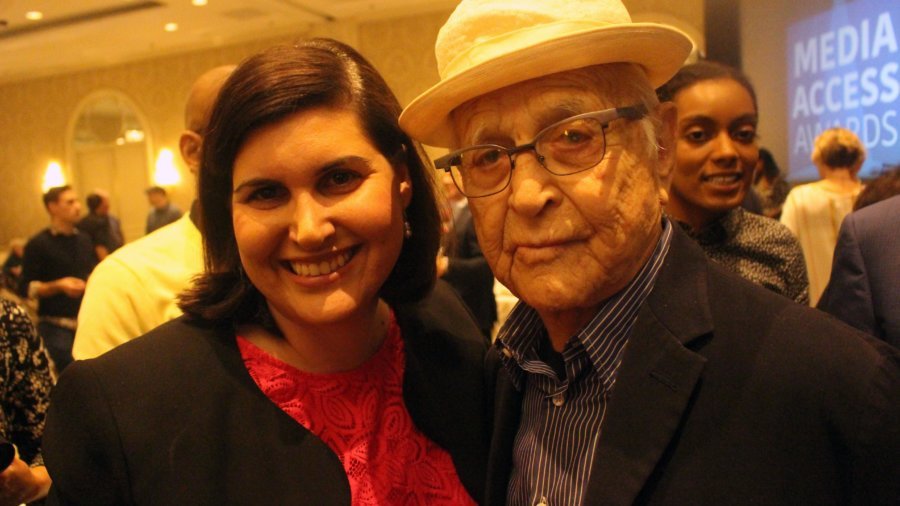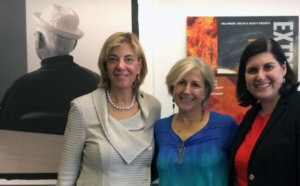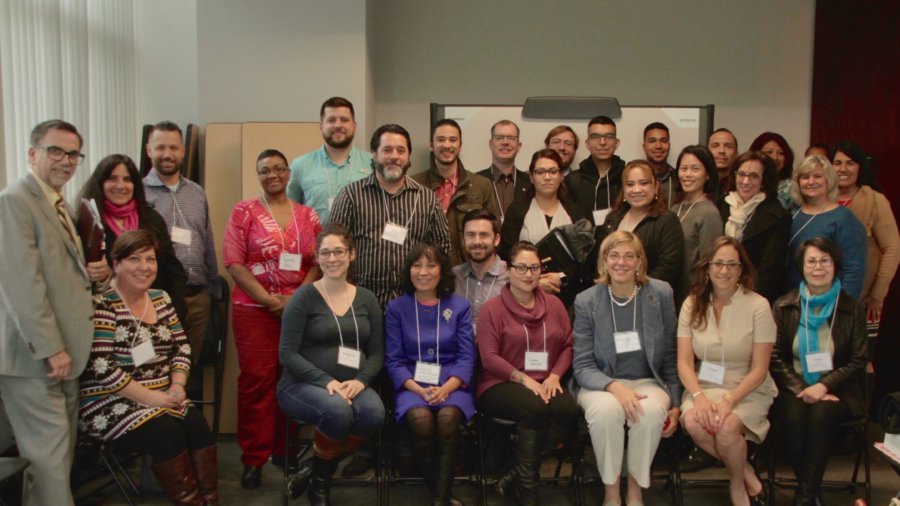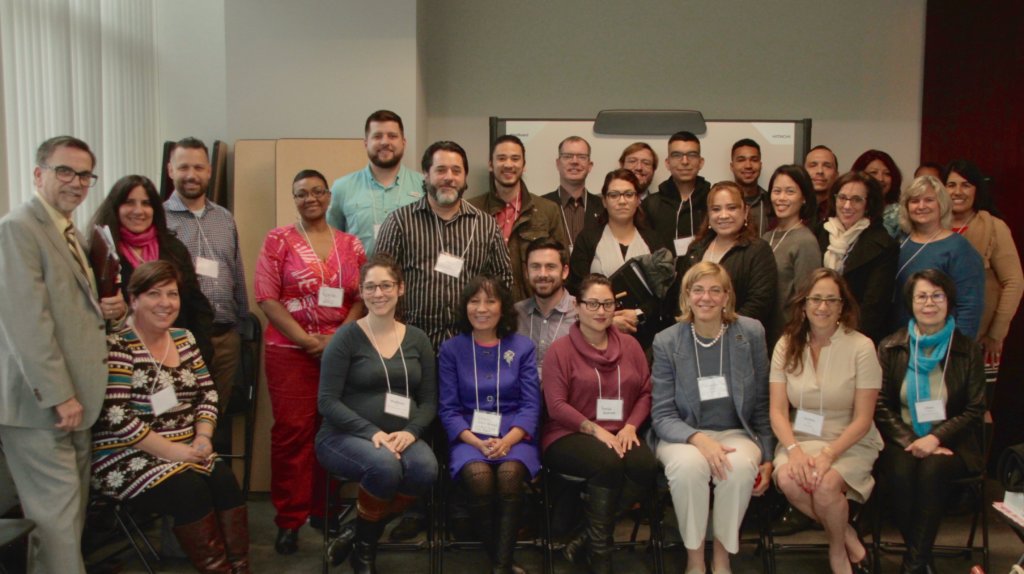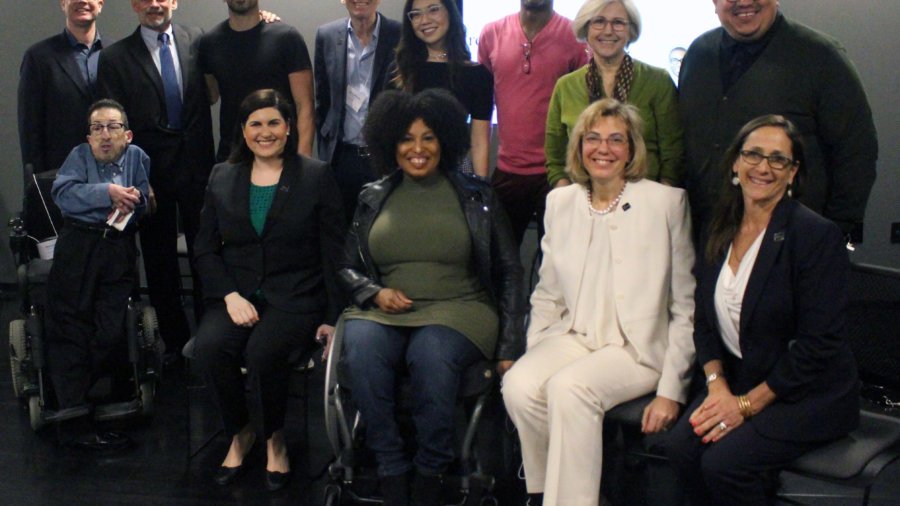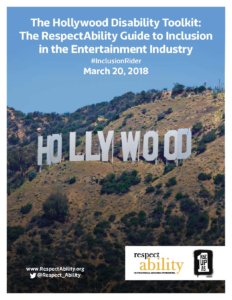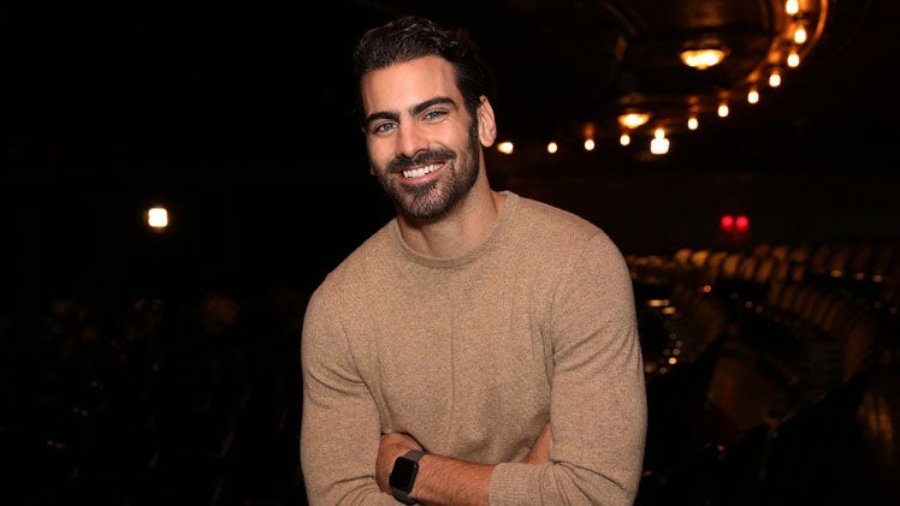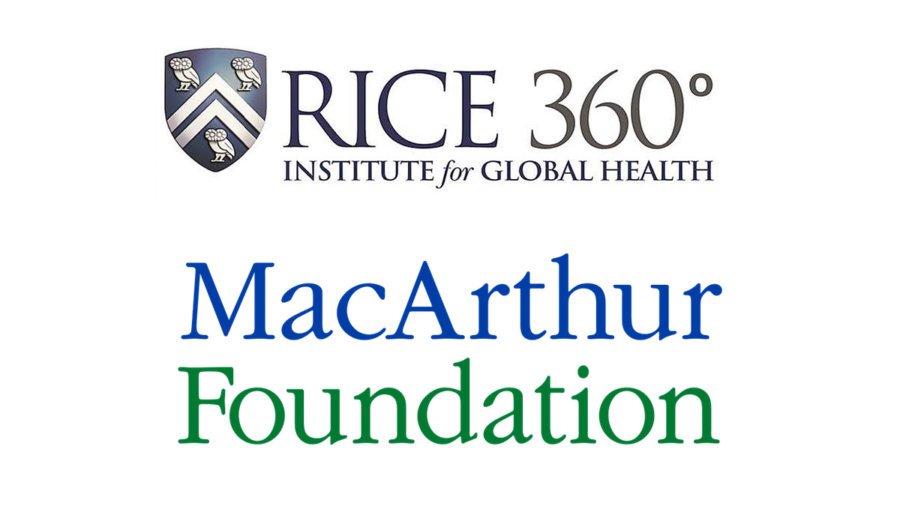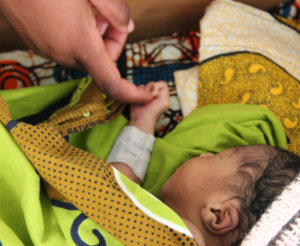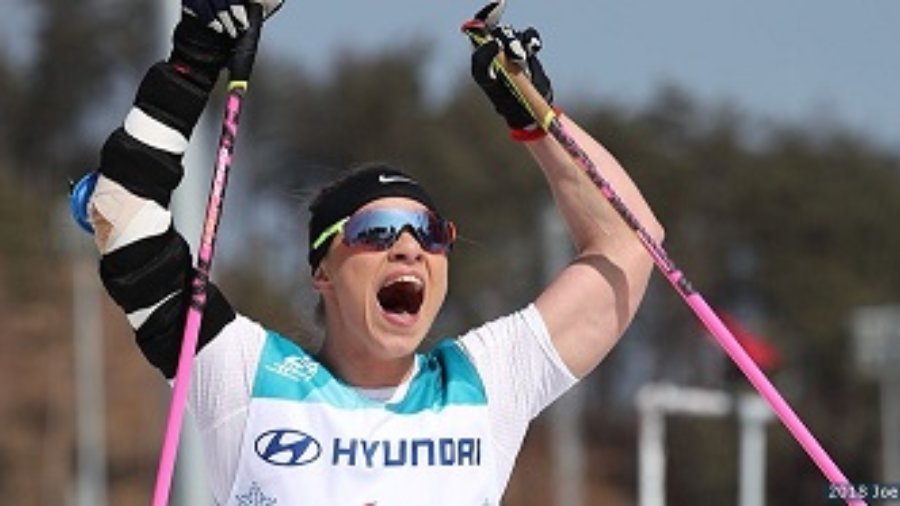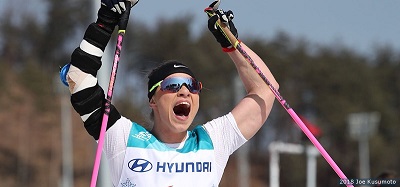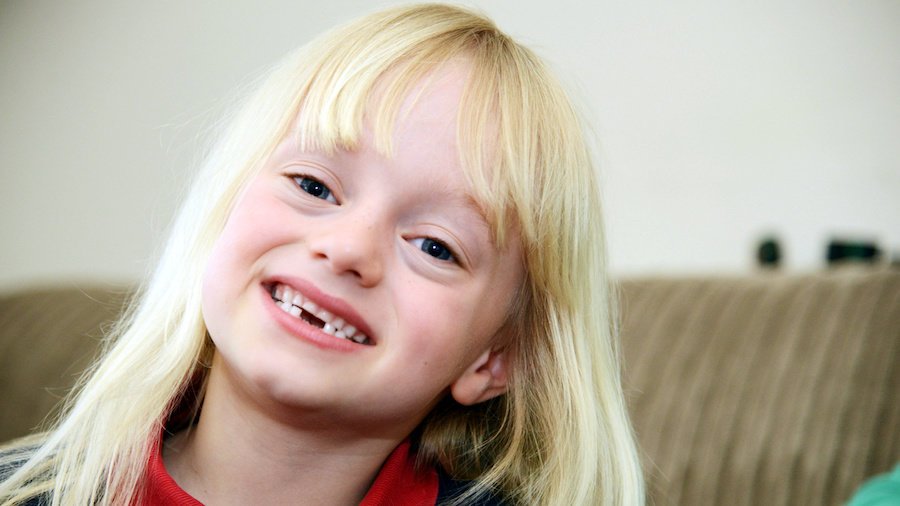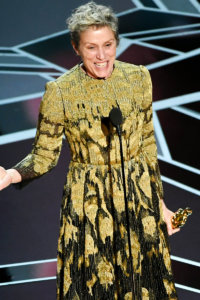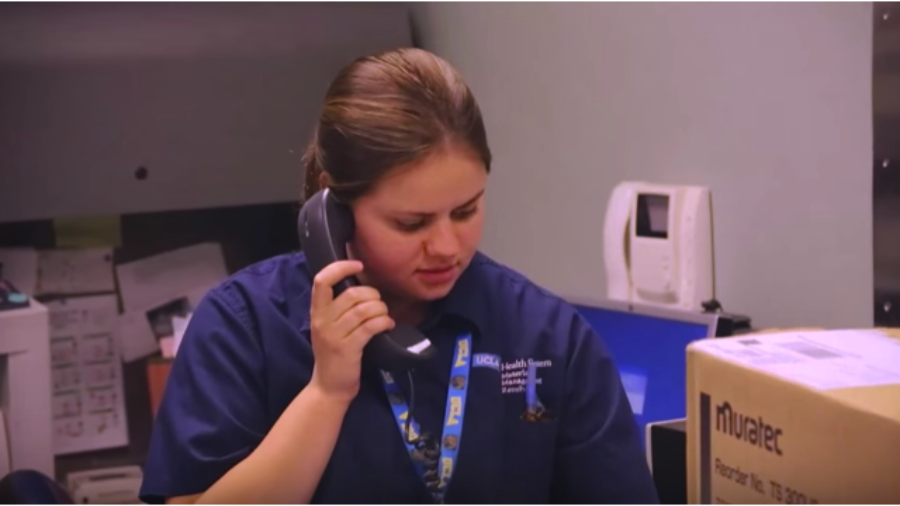Rockville, Maryland, May 9 – I watched Lauren struggle at work. She had poor social skills. She talked obsessively about roller coasters and her siblings’ engagements and subsequent weddings. She had trouble understanding other people’s emotions. She didn’t look at you when you spoke to her. She was very sensitive to loud noises; she had to be warned of fire drills and left the area ahead of everyone else. She had trouble expressing what she needed. She flapped her hands when she struggled to articulate what she was trying to say. Her sense of touch was poor; she couldn’t tell when clothes were damp or dry. Most distressing, she rarely received credit for her hard work; only her mistakes were recognized and never forgotten. She was treated unfairly. She was too smart for her own good. She had been a laundry aide for nine years. Lauren has Asperger’s syndrome, which is an autism spectrum disorder (ASD). She overcame adversity by trying her best and being herself.
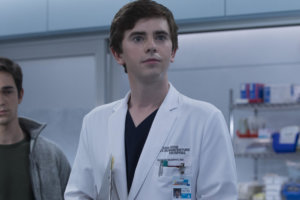
Freddie Highmore as Dr. Shaun Murphy on ABC’s “The Good Doctor”
I thought that because I have a disability and had family members who have disabilities, that I understood all disabilities. That is not true. I did not understand why Lauren was making inappropriate comments, not listening to understand what I was trying to say and making my day harder than it needed to be sometimes. I did not know why she was behaving the way she did. I would not understand any of her behaviors until I watched ABC’s “The Good Doctor” and I saw Freddie Highmore’s Dr. Shaun Murphy behave in the same manner. [continue reading…]


